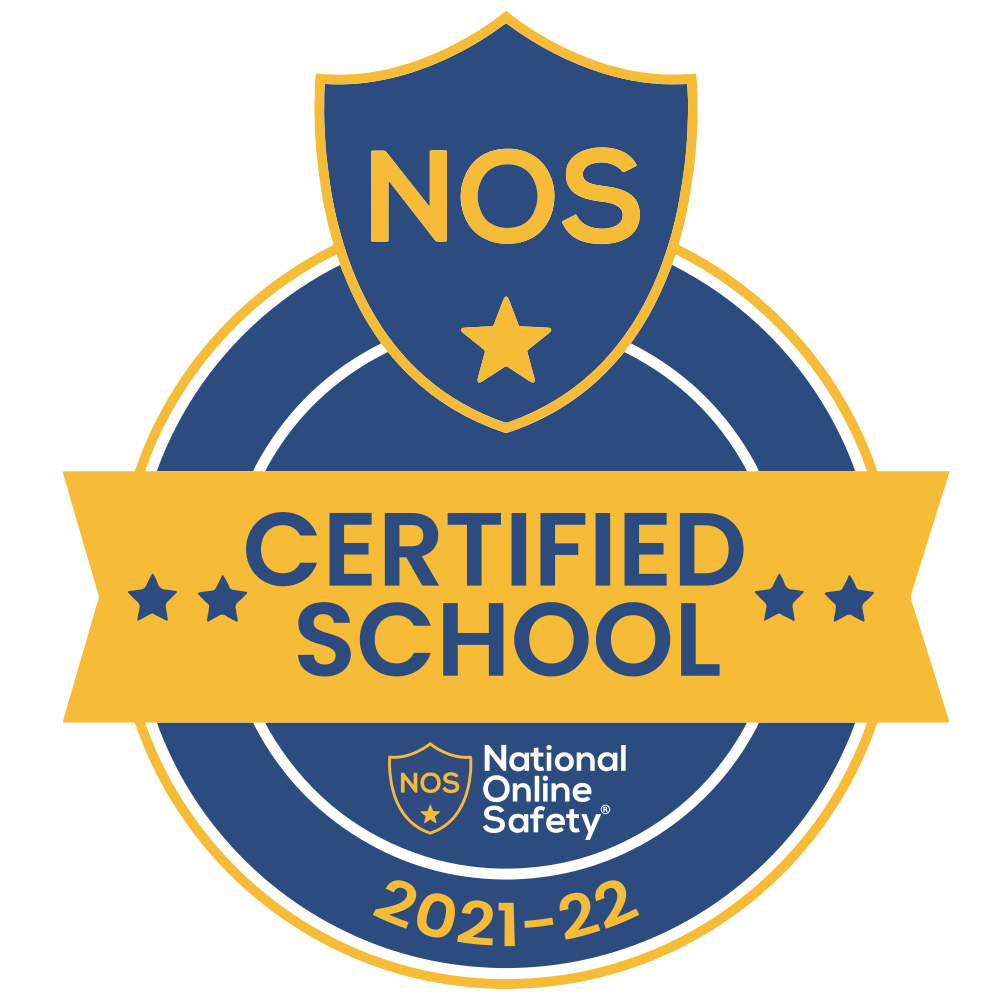Geography
The Geography department forms part of the Humanities Faculty. Geography is a popular subject with large numbers of students continuing to study it at both GCSE and A Level. Geography lessons involve a range of activities including independent and group work, problem-solving and research work. In Geography, students develop many different skills including map skills and numeracy skills, as well as skills in teamwork and presentation.
Fieldwork is an important part of Geography across years 7 – 13 students we have a range of opportunities to complete fieldwork. Some field work is conducted on the school site, for example measuring weather at Key Stage 3; other field work is completed on day trips, for example to the Holderness Coast and to Hull and/or Beverley at Key Stage 4, or Spurn Point and Hedon in Year 12 and various human and physical locations in Year 13 based upon student coursework choices.
As Geographers we need to understand some of the complex relationships that take place on Planet Earth so that we as Citizens of the World can take an active role in developing a sustainable planet that can support a rich diversity of life.
That is why we believe Geography is about helping to make the world a better place.
All people, subjects and groups probably feel the same what makes Geography unique is the way it operates on a spatial scale and can look at the wider effects of decisions and issues from very local to global.
| Staff | Position |
|---|---|
| Mrs Buckley | Learning Practitioner - Teaching & Learning |
| Mrs Saltmarsh | Teacher |
| Miss Connell | Teacher |
| Mr Walker | Teacher |
Key Stage 3
“A high-quality geography education should inspire in pupils a curiosity and fascination about the world and its people that will remain with them for the rest of their lives. Teaching should equip pupils with knowledge about diverse places, people, resources and natural and human environments, together with a deep understanding of the Earth’s key natural and human processes”
Through each of the units studied at Key Stage 3, students develop their understanding of different elements of this statement. Whilst some units focus on particular physical, human or environmental geography themes, others focus on countries and entwine aspects of all three.
|
Year 7 |
Year 8 |
|
What is Geography Map skills, enquiry and GIS Settlement Weather and Climate Holderness Coast and Local Area China |
Exploring Ecosystems Tectonic Landscapes (earthquakes, volcanoes and tsunamis) Going Global |
Additional resources to support learning in Key Stage 3 Geography:
Encourage your child to:
· Look through their atlas or planner so that they know the location of countries, continents and cities around the world.
· Watch Newsround and the news to understand events that are happening across the world.
· Talk about the issues in the news to develop their understanding of what is happening and why so they develop their own ideas and opinions.
A range of resources can also be found on
Team Drives Geography
Where required, passwords have been provided to students directly. For further support please contact the school.
Key Stage 4
Aims of the course:
GCSE geography give students the opportunity to understand more about the world, the challenges it faces and their place within it. This GCSE course will deepen understanding of geographical processes, illuminate the impact of change and of complex people-environment interactions, highlight the dynamic links and interrelationships between places and environments at different scales, and develop students’ competence in using a wide range of geographical investigative skills and approaches. Geography enables young people to become globally and environmentally informed and thoughtful, enquiring citizens.
Course content:
|
Component 1 The Physical Environment |
Component 2 The Human Environment |
Component 3 Geographical Investigations: Fieldwork and UK Challenges |
|
The Changing landscapes of the UK UK Coastal Landscapes and processes UK River landscapes and processes Weather hazards and climate change Ecosystems, biodiversity and management. |
Changing Cities Global development Resource Management – (Energy resource management) |
Geographical Investigations- Fieldwork Geographical – UK Challenges |
Assessment:
The GCSE has three terminal exams in the summer of Y11 there is no coursework.
Paper 1
The Physical Environment (37.5%)
One and half hours
Paper 2
The Human Environment (37.5%)
One and a half hours
Paper 3
Geographical Investigations (25%)
One and a half hours
Encourage your son / daughter to:
· Read the daily broadsheet newspapers (or their associated Apps) to develop knowledge and understanding of the world today. This is important to excel in Geography.
· Learn carefully and accurately the meaning of key words provided in class.
· Use the revision packs provided by the school in year 11.
Additional resources to support learning in GCSE Geography:
A range of resources can also be found on
Team Drives Geography from the Google Drive option using their academy e mail and log in.
Where required, passwords have been provided to students directly. For further support please contact the school.
We also recommend the purchase of revision guides through the school to further assist students’ work outside the classroom.
Useful websites include
GCSE bitesize Geography for Edexcel https://www.bbc.com/bitesize/examspecs/zsytxsg
S-cool Geography revision site
Sixth Form Courses
A Level Geography (AQA)
Aims of the course:
This course explores physical and human geography and contemporary geographical issues. It develops skills in fieldwork techniques, data analysis and interpretation.
Fieldwork is a vital component of the course. Students will visit different places depending on those studied.
Course Content:
In Year 12 students complete the following AS Units:
· Changing Places
· Hazards
· Coastal Systems
· Fieldwork and Skills
In Year 13 students will complete the additional units for the A Level course:
· Independent Enquiry
· Contemporary Urban Environments
· Water and Carbon Cycles
Assessment:
The course comprises:
80% Examination
20% NEA (Student led coursework enquiry)
Encourage your son /daughter to:
Google Drive –Where each lesson and associated resources can be found.
Wider reading from Broadsheet newspapers or associated apps, (e.g. the Week), National Geographic will develop knowledge and understanding of the world we live in.
BBC news website plus others
S –cool revision website
AQA website for AS and A level geography has past papers and exam reports.
News bulletins and topical documentaries.
Nelson Thornes Kerboodle for A level
Where required, passwords have been provided to students directly. For further support please contact the school.






